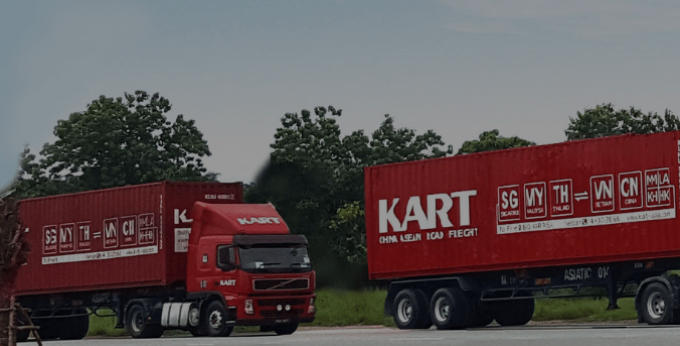US ports and intermodal players are geared up to handle volume surges
US container gateways and the inland intermodal chain have handled surging traffic without disruption, providing ...

Increased freight demand across South-east Asia has given rise to a new breed of intermodal networks, driven by cross-border trucking.
According to Gursimran Singh, regional business development manager at China-ASEAN road freight specialist Kart Asia, more and more large 3PLs are choosing Bangkok as their regional logistics hub and are relying on cross-border trucking networks for air and sea connections.
“It’s really fascinating to see a lot of new models coming up,” he told The Loadstar.
“Until last year we were seeing mostly point-to-point movements, ...
Volcanic disruption at Anchorage could hit transpacific airfreight operations
Shippers snap up airfreight capacity to US ahead of tariff deadline
New price hikes may slow ocean spot rate slide – but for how long?
Tighter EU import requirements proving 'a challenge' for forwarders
Looming Trump tariffs will create 'a bureaucratic monster' for Customs
Airfreight demand expected to weaken through Q2
Real test of Gemini hub and spoke model yet to come, says Maersk

Comment on this article